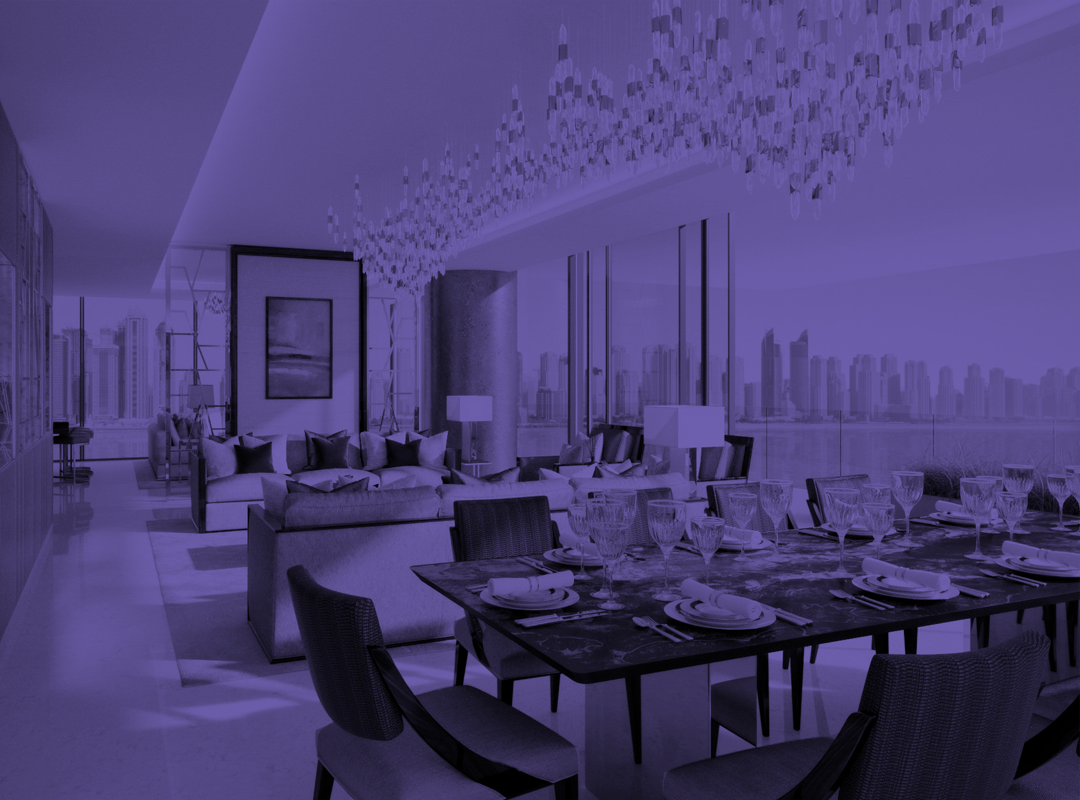1. Digital marketing for restaurants
The main elements of digital marketing for restaurants include website optimization, paid advertising, SEO, social media marketing, email campaigns, and engaging blog content. By tracking data and trends, restaurants can attract more customers and adjust their approach based on audience behavior.
An active online presence helps to emphasize the unique cuisine of the restaurant and the brand’s corporate identity, which allows you to attract the right customers and increase sales. Email marketing allows for personalized promotions, and social media attracts attention through visual storytelling, short videos, and interactive content. Online customer engagement increases loyalty and contributes to long-term success in a rapidly evolving industry. It is extremely important for restaurants in Dubai to maintain an active social media presence and use a user-friendly website.
Digital marketing helps to optimize advertising costs and turn first-time visitors into loyal customers. Digital marketing strategy is the key to the success of Dubai restaurants.
2. Offline and experiential marketing
In a highly competitive environment in Dubai’s restaurant business, offline marketing is also crucial to attract customers and ensure business growth. While digital strategies are important, experiential marketing, such as hosting exclusive events, food tastings, and working with chefs, creates lasting impressions. Distributing flyers, booklets, and providing discounts on special occasions can attract the attention of visitors.
Partnering with local brands and participating in community events further enhance awareness. Paid promotions in shopping malls and places with high traffic expand the reach, and active search and analysis of customer reviews helps to improve the work.
3. Customer loyalty and retention strategies
In the competitive environment of Dubai restaurants, customer retention is just as important as attracting new ones. A well-structured loyalty program can encourage repeat visits and help establish long-term relationships with visitors. Incentives such as discounts, free desserts, or exclusive tasting menus for regular guests keep them interested.
Personalized experiences—such as remembering a customer’s favorite dish or celebrating special events with a free treat—strengthen emotional bonds. In addition, collecting feedback through post-visit surveys helps restaurants improve their offerings and promptly solve any problems.
Automated CRM tools allow you to track customer preferences and send special promotional offers via email or SMS. By making visitors feel appreciated, restaurants can turn casual visitors into brand supporters who spread positive word-of-mouth information – a powerful marketing tool in the Dubai restaurant industry.
4. Using food delivery platforms
With the increasing demand for convenience, food delivery platforms such as Deliveroo and Talabat play a crucial role in the success of a restaurant. Optimizing your presence on these platforms with high-quality images, detailed descriptions, and competitive prices can significantly increase your order count.
Conducting exclusive promotions (for example, free shipping or combined offers) attracts more customers, and fast cooking and consistent quality guarantee positive feedback. Some restaurants also offer special dishes that can only be ordered with delivery, which creates an additional source of income.
Integrating delivery services with your own website can reduce commission costs and increase brand loyalty. By analyzing delivery data, restaurants can determine peak order times, popular dishes, and customer preferences in order to further refine their menus and marketing strategies.
Marketing a restaurant in Dubai requires a balanced mix of digital innovation, offline engagement, and customer retention strategies. From social media optimization and SEO optimization to the organization of exclusive restaurants and the use of food delivery platforms, each tactic plays a role in creating a strong brand presence.


